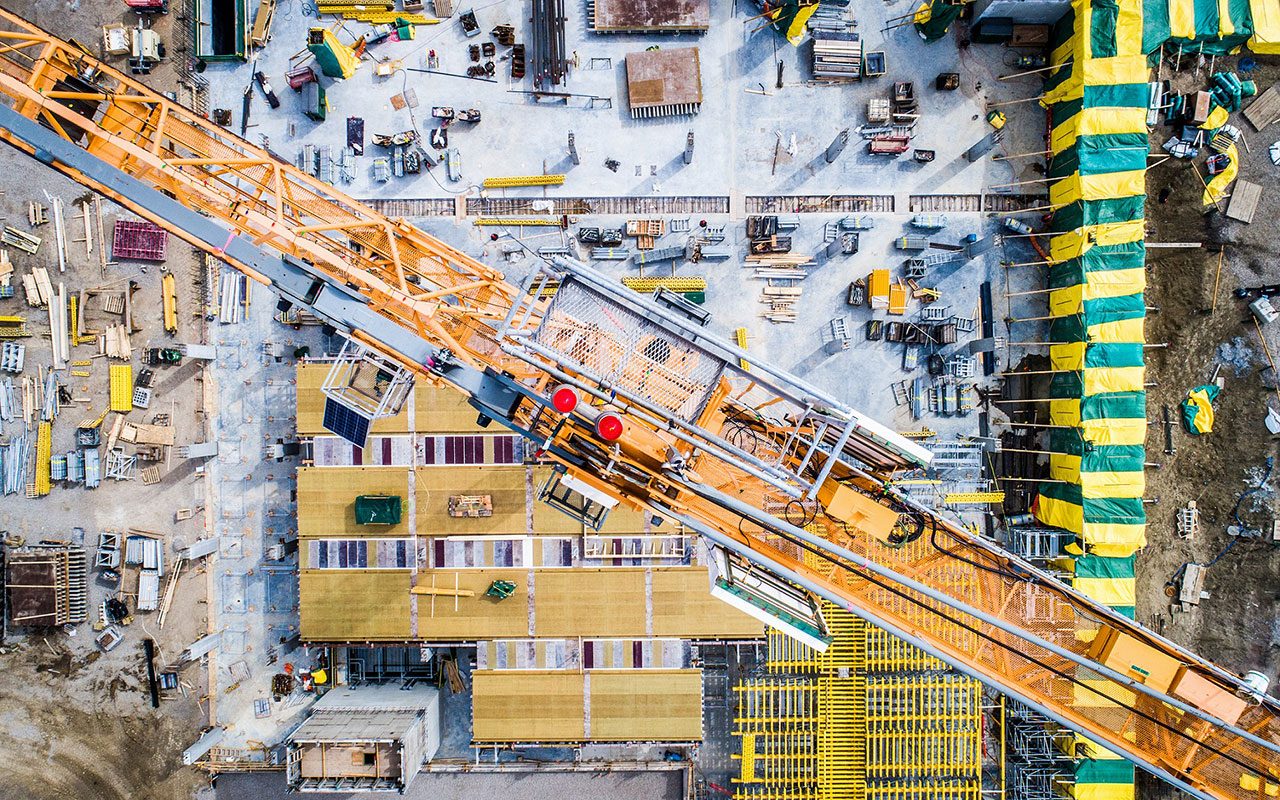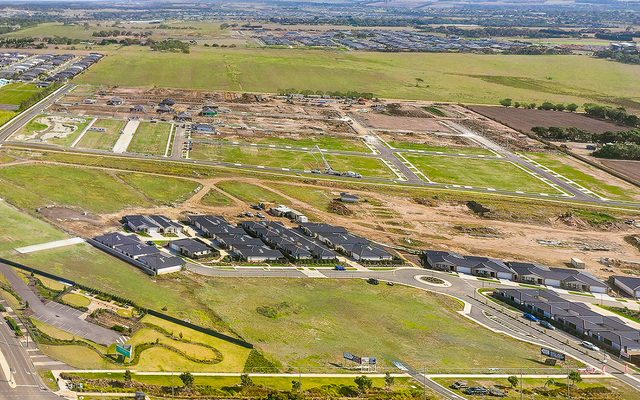This article is from the Australian Property Journal archive
THE WA state government is reforming the procurement process for non-residential government building projects, in an effort to achieve better outcomes for builders, subcontractors and workers.
The Safe and Fair Reform Package will in the first stage deliver changes to the department’s contracting framework and deliver increased transparency on the tendering process.
By changing the department’s contracting framework the reforms are aiming to improve cashflow for builders by improving the payment certification process, enabling pre-commencement costs to be claimed by builders and allowing for earlier release and/or reductions in the securities held on contract.
And increasing transparency will enable tenders to be assessed in a timely manner and make it easier for builders to seek variations to their contracts where required.
The first stage of reforms will also see a code of conduct developed in consultation with industry.
“Our government has listened to industry, peak bodies, unions and contractors to ensure the building and construction industry remains a robust and strong contributor to Western Australia’s economy,” said Sue Ellery, finance minister.
“We understand this has been a challenging time for the sector, and we are working to ensure these changes improve cashflow for builders and increase transparency in the tender process.”
The reforms come after recommendations from the Master Builders Association of WA (MBA WA), Western Australian unions and Building and Construction Consultative Committee (BCCC).
BCCC’s membership includes Master Builders Association of WA, Master Plumbers and Gasfitters Association of WA, CFMEU, Multiplex, the Property Council and UnionsWA.
The reforms will boost WA’s local building and construction industry for Department of Finance-led construction projects such as schools, hospitals and police precincts.
The second stage of reforms will deliver enhancements to contracting terms, including alternative models of contract.
With best practice principles for projects valued at $100 million or more will be developed for implementation in 2025.
With the third stage to be delivered in 2026 and to enhance the department’s pre-certification scheme that will require builders seeking to do work with government to demonstrate they meet safe and fair standards.
“We are making structural changes to the way government does business with industry which will ensure a fair go for everyone,” added Ellery.
“Having a sustainable building and construction industry is vital to enable the delivery of the government’s pipeline of works.”




